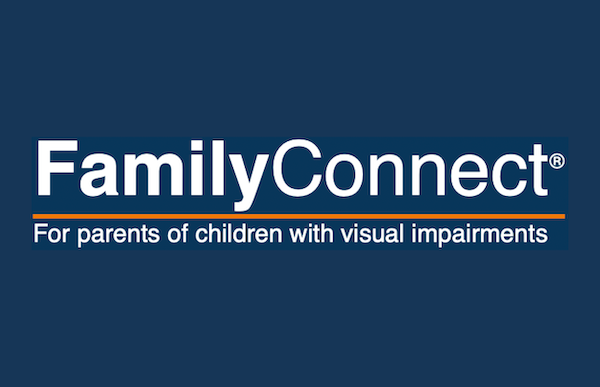Ohio Guidelines for Working with Students who are Blind or Visually Impaired
Addressing the ECC
In addition to the general education core curriculum that all students are taught, students with visual impairments, starting at birth, also need instruction in the expanded core curriculum (ECC). The ECC provides a framework for instruction that supports the development of concepts and skills that often require specialized instruction with students in order to provide opportunity to build understanding about things that their sighted peers may be learning incidentally by observing others. The nine areas of the ECC include:
- Compensatory access,
- Sensory efficiency,
- Assistive technology,
- Orientation and mobility,
- Independent living,
- Social interaction,
- Recreation and leisure,
- Career education, and
- Self-determination.
Planning for instruction in these areas takes intention. The involvement of vision professionals in the assessment and planning process ensures access for students at school, home and the community. Some of the primary considerations for planning can involve:
- Understanding needs associated with each of the nine areas,
- Collaborating with team members to ensure materials are made accessible in a timely manner,
- Aligning instruction with state standards,
- Proactive planning that evaluates the needs of the student throughout the day, in different environments, to encourage full participation, and
- Scheduling and time management to ensure that students have every opportunity to learn alongside their peers while at the same time acquiring skills that align with the ECC.
Programming that addresses instruction in the expanded core curriculum in unison with the general academic curriculum supports the needs of the whole child who is visually imapired. Teams should know that students will need sizable periods of time in order to build competency in each skill and/or standard. Collaboration in planning for each team members help to connect experiences and increase opportunities for the learning to develop at home, school and in the community.


